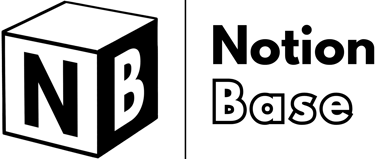NOTION SYSTEMS LAB — PRE-ORDERS END FEBRUARY 22 — 50% OFF BEFORE DOORS CLOSE
ClickUp vs Notion: Which Productivity Tool is Better?
The ClickUp vs Notion comparison comes down to structured task tracking vs flexible workspaces. This guide examines automation, customization, and collaboration features to help you determine which platform best supports your personal or team projects.
5/14/20254 min read
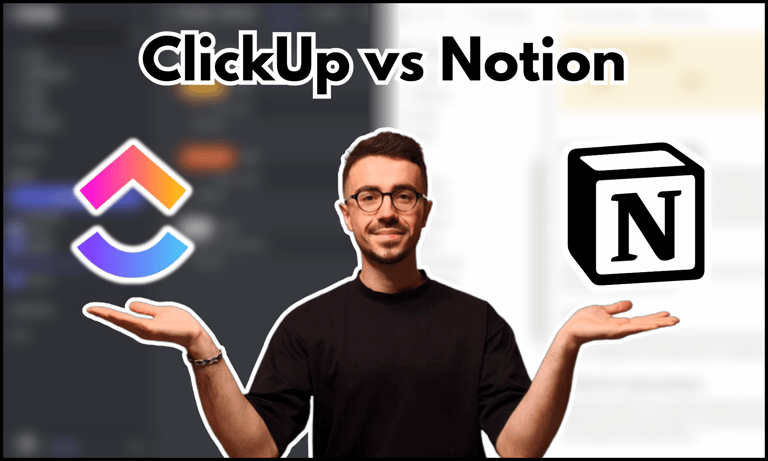

ClickUp vs Notion
ClickUp and Notion are two of the most popular productivity tools available today. While both offer powerful features for organization and collaboration, they serve slightly different purposes.
ClickUp vs Notion is a common debate among teams and individuals looking for the best tool to manage their work. In this comparison, we’ll break down their strengths and weaknesses to help you choose the right one for your needs.
Table of Contents
ClickUp vs Notion: Task and Project Management
ClickUp’s Approach to Task Management
ClickUp is designed primarily as a project management tool. It offers:
Advanced task tracking with due dates, priorities, and dependencies.
Multiple views, including Kanban, Gantt charts, and calendars.
Time tracking and workload management.
ClickUp excels in structured task management, making it a great option for teams handling complex projects with multiple moving parts.
Notion’s Approach to Task Management
Notion takes a more flexible, database-driven approach. Instead of strict task lists, it allows users to build their own workflows. Key features include:
Customizable task databases with filters and sorting options.
Kanban and calendar views.
No built-in time tracking but integrations are available.
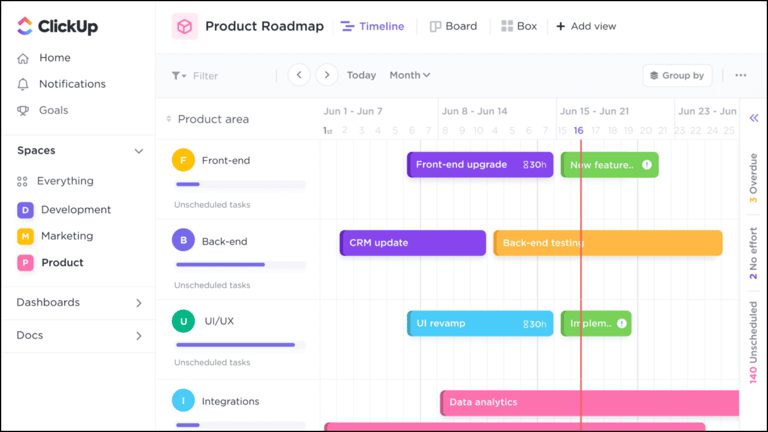

Notion is ideal for those who prefer to structure their own productivity systems rather than follow a predefined task management framework.
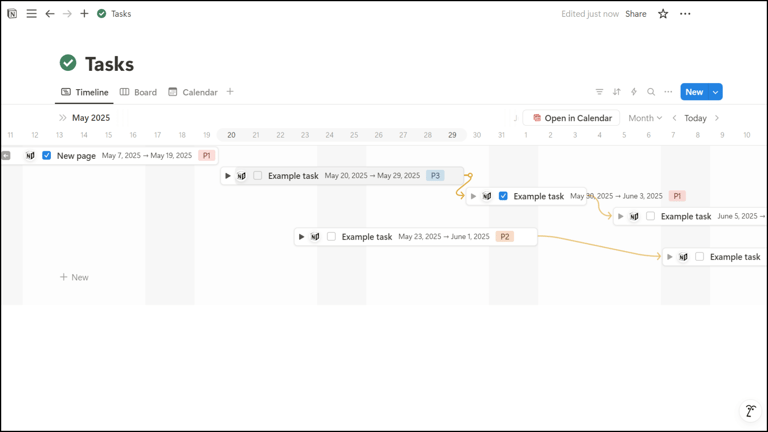

ClickUp vs Notion: Note-Taking and Documentation
Notion as a Documentation Tool
Notion is widely recognized for its note-taking and knowledge management capabilities. It provides:
Rich-text editing with embedded media.
Nested pages for deep organization.
Linked databases for structured knowledge bases.
This makes Notion the preferred tool for users who need an all-in-one workspace for documentation, wikis, and research.
ClickUp’s Documentation Features
ClickUp includes a "Docs" feature, which allows users to create and store documents within their workspace. However, compared to Notion, it has limitations:
Fewer customization options for document layout.
Limited interlinking and database capabilities.
Primarily intended for supporting task management rather than standalone documentation.

Learn more about Notion here.
ClickUp vs Notion: Collaboration and Team Features
ClickUp’s Collaboration Tools
ClickUp is designed for team-based work and includes features like:
Real-time chat and threaded comments.
Assigned tasks and mentions.
Integrated team goals and reporting dashboards.
These features make ClickUp a strong choice for teams that need structured communication and collaboration within their project management tool.
Notion’s Collaboration Capabilities
Notion also supports collaboration but with a different focus:
Page sharing with different permission levels.
Commenting on text blocks and databases.
No real-time chat, but integrations with Slack and other tools are available.
Notion is better suited for teams that need a flexible workspace for shared knowledge rather than structured task assignments.
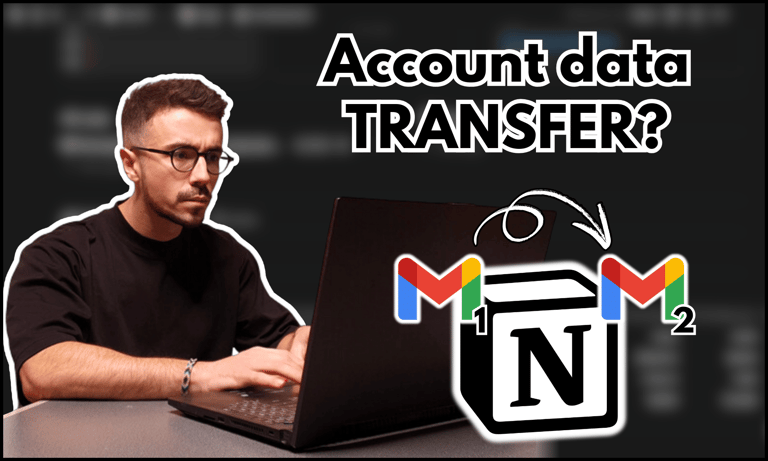

Migrating workspaces? Discover in this guide how to move Notion database to another email.
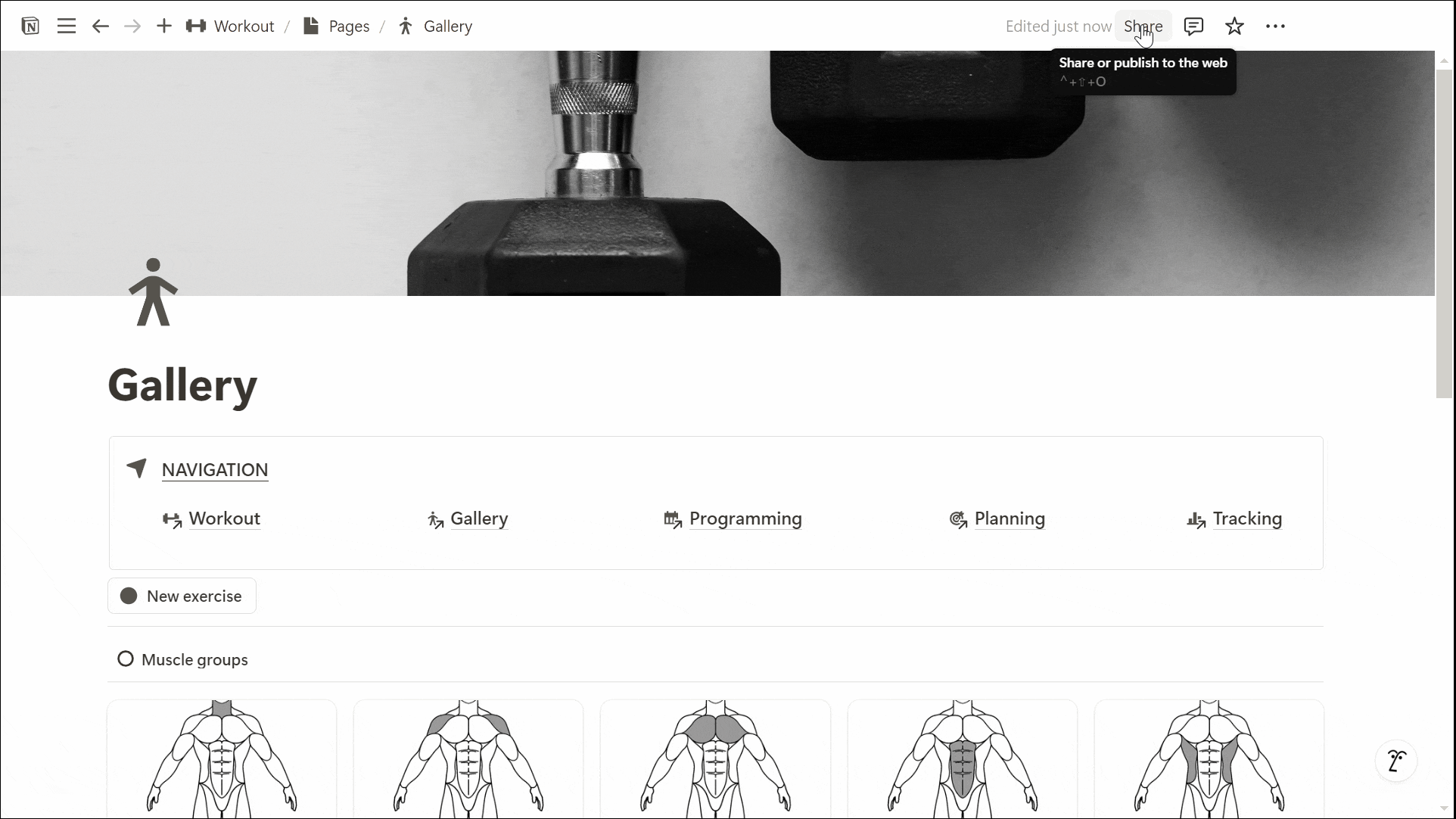

ClickUp vs Notion: Customization and Flexibility
Notion’s Strength in Customization
Notion’s biggest advantage is its flexibility. Users can:
Create custom templates and workflows.
Build interconnected databases for different use cases.
Structure information in a highly visual and adaptable way.
This makes Notion perfect for users who want complete control over how they organize their data and tasks.
ClickUp’s Customization Options
ClickUp also offers customization but within the context of project management. Users can:
Customize task statuses and workflows.
Use automation to streamline repetitive tasks.
Adjust permissions and views for different team members.
While ClickUp is highly customizable, it remains focused on task and project tracking rather than free-form organization.
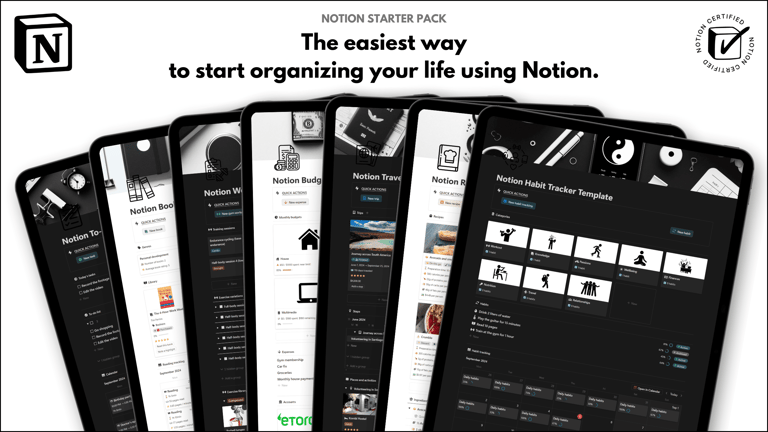

Save hours building from scratch!
Get instant access to 7 free Notion templates with the Notion Starter Pack.
ClickUp vs Notion: Pricing
Both ClickUp and Notion offer free plans and paid options with more advanced features. Prices below are for monthly payments, but annual subscriptions provide a discount.
Notion Pricing
Free Plan – Unlimited pages, blocks, and basic collaboration.
Plus Plan ($12/month per user) – Ideal for small teams.
Business Plan ($18/month per user) – Includes advanced admin controls.
Enterprise Plan – Custom pricing for large organizations.
ClickUp Pricing
Free Forever – Best for personal use, offering an extensive set of features.
Unlimited ($5/month per user) – Best for small teams, with unlimited storage.
Business ($12/month per user) – Best for mid-sized teams, with more guest seats.
Business Plus ($19/month per user) – Best for multiple teams, with custom role permissions.
Enterprise – Custom pricing, includes advanced permissions and branding options.
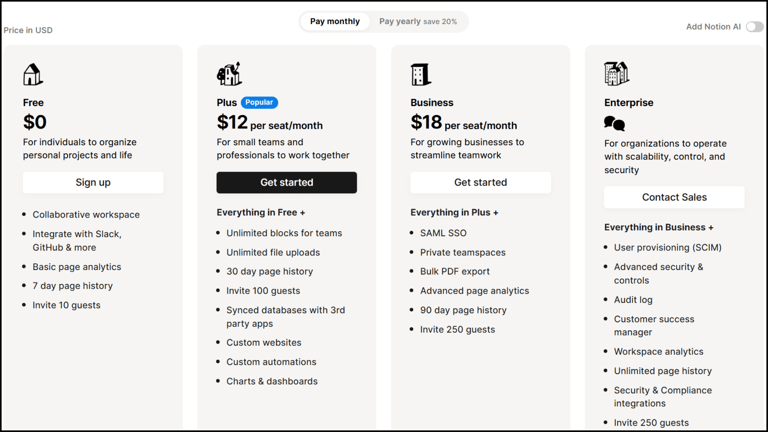

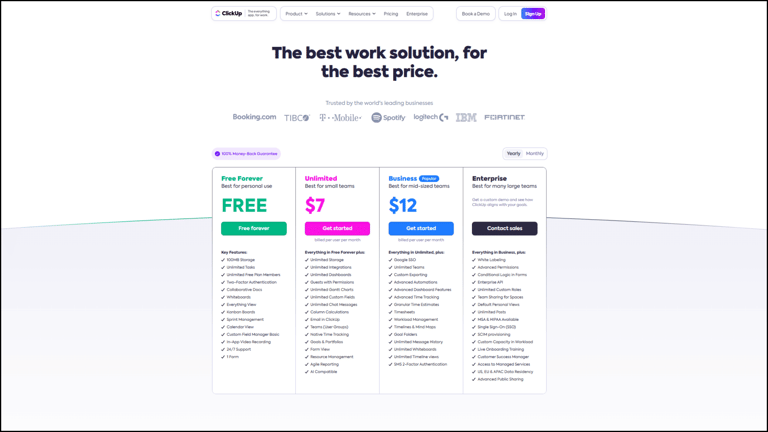

Conclusion: ClickUp vs Notion
ClickUp vs Notion ultimately comes down to whether you prioritize rigid task management or open-ended organization. Choosing between the two apps then depends mostly on your needs.
If you require a structured task management system with powerful team collaboration features, ClickUp is the better choice. However, if you prefer a highly flexible tool for personal organization and documentation, Notion is the way to go.
Unlock the ultimate roadmap to a life in order: simply enter your email adress below and a PDF copy will instantly be sent right to your inbox.
Download your free Notion ebook now!
Join The Movement
Follow Notionbase on social media to stay up to date with Notion... and more!
Links
Master Notion in 5 days.
© 2026 Notionbase. Website by William Coste.
Products
